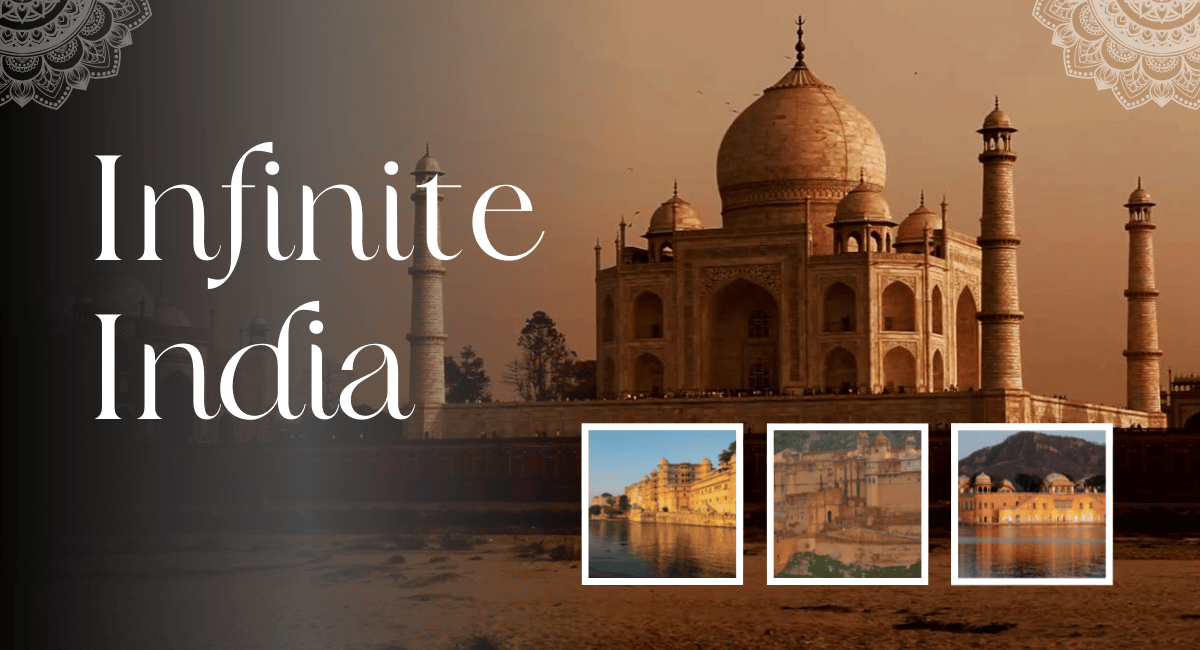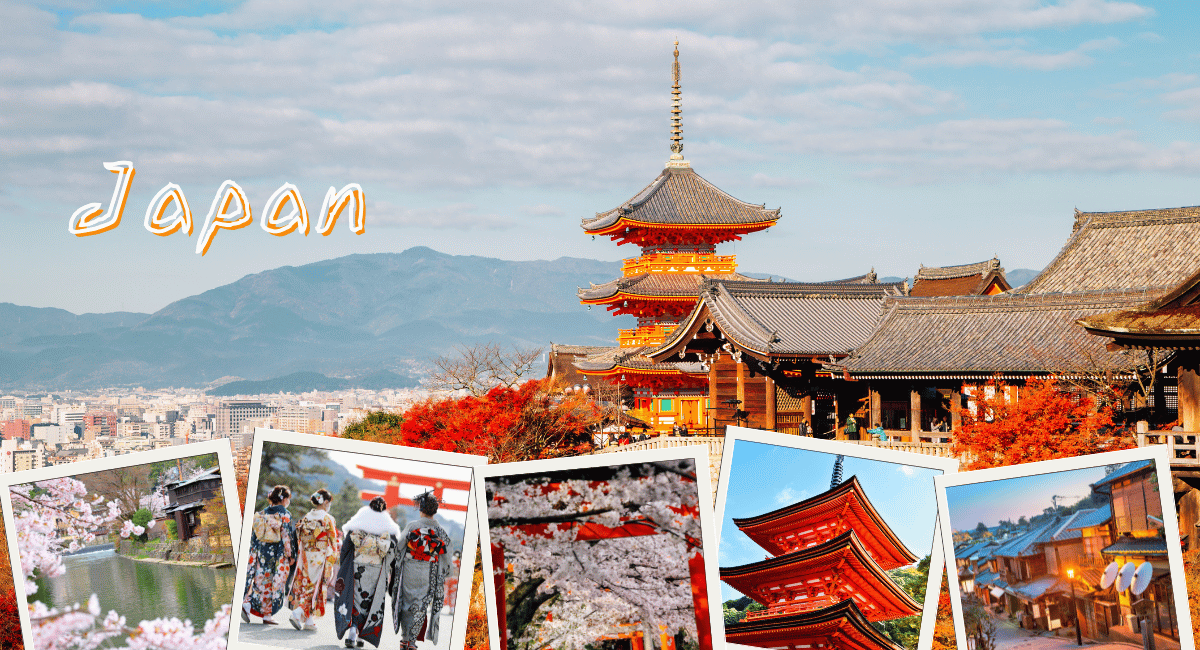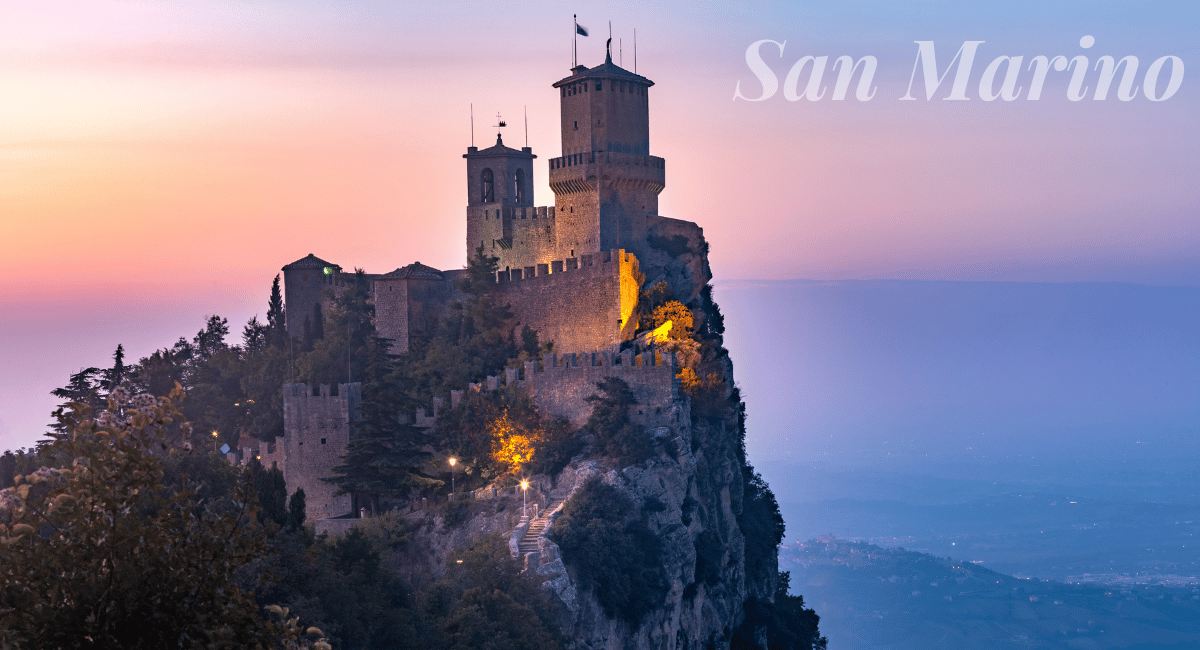Determining the Oldest Countries in the world involves examining the rich tapestry of human civilization and the emergence of early states and societies. Among these, Egypt stands out with a history that dates back over 5,000 years, marked by its iconic pyramids and the development of hieroglyphic writing. Following closely is Iran, home to the ancient Persian Empire, which thrived around 500 BCE and contributed significantly to art, science, and governance. Greece also boasts a long history, recognized as the cradle of Western civilization, where democracy and philosophy first flourished around 800 BCE. Other notable mentions include China, with its continuous civilization that began around 1600 BCE, and India, which has roots tracing back to the Indus Valley Civilization around 2500 BCE.
The list continues with Iraq, known as the cradle of civilization due to its ancient Mesopotamian cultures that emerged over 5,000 years ago. Italy holds a prominent place with the foundation of Rome in 753 BCE, heralding the rise of one of the most influential empires in history. Japan, with its rich cultural heritage, traces its history back to the Jomon period, while Ethiopia boasts a legacy that includes the ancient Kingdom of Aksum and a unique cultural identity. Lastly, San Marino, established in AD 301, claims to be the oldest existing sovereign state. Each of these countries contributes to our understanding of human history, showcasing the evolution of societies and their lasting legacies.
1. India

India, a vast and vibrant country in South Asia, is known for its rich tapestry of cultures, languages, and traditions. Spanning over 3.2 million square kilometers, it is the seventh-largest Oldest Countries in the world and the second-most populous, with more than 1.4 billion inhabitants. India’s history dates back to the Indus Valley Civilization, one of the world’s earliest urban societies, which thrived around 2500 BCE. This ancient civilization laid the groundwork for a diverse cultural heritage that includes numerous religions, such as Hinduism, Buddhism, Jainism, and Sikhism, as well as a plethora of languages and dialects. Today, India is home to 22 officially recognized languages, with Hindi and English being the most widely spoken.
The country’s remarkable geography, ranging from the towering Himalayas in the north to the vast Indian Ocean in the south, contributes to its incredible biodiversity and natural beauty. India is renowned for its historical landmarks, such as the Taj Mahal, a UNESCO World Heritage Site and an enduring symbol of love and architectural brilliance. Beyond its physical beauty, India is celebrated for its culinary diversity, Ancient Festivals of India, and artistic expressions, from classical dance forms like Bharatanatyam and Kathak to the vibrant colors of its festivals, such as Diwali and Holi. As a rapidly developing nation, India continues to blend its rich traditions with modern advancements, making it a unique and dynamic player on the global stage.
2. Egypt

Egypt, often referred to as the “Cradle of Civilization,” boasts a history that spans over 5,000 years, making it one of the Oldest Countries and most influential cultures in human history. The ancient Egyptians are renowned for their remarkable achievements in architecture, art, and governance, with iconic structures such as the Great Pyramids of Giza and the Sphinx serving as lasting symbols of their ingenuity. The civilization thrived along the banks of the Nile River, which provided fertile land and a reliable water source, allowing agriculture to flourish. Hieroglyphics, the complex writing system of ancient Egypt, facilitated the recording of history, religious texts, and administrative documents, contributing significantly to the understanding of their culture and beliefs.
The rich tapestry of Egyptian history is further woven with fascinating mythology and religion, where gods and goddesses played central roles in daily life. The Pharaohs, considered divine rulers, were believed to be intermediaries between the gods and the people, and their elaborate tombs reflect the importance of the afterlife in Egyptian culture. Today, Egypt continues to captivate visitors with its historical sites, including the temples of Luxor and Karnak, the Valley of the Kings, and the bustling markets of Cairo. As a country that bridges ancient and modern worlds, Egypt remains a testament to the resilience and creativity of human civilization, inviting exploration and admiration from all who seek to uncover its storied past.
3. Iran (Persia)

Iran, historically known as Persia, is one of the world’s Oldest Countries civilizations, with its roots stretching back to the Elamite kingdoms around 3200 BCE. The ancient Persian Empire emerged in the 6th century BCE under Cyrus the Great, who established one of the largest empires in history, known for its progressive policies and cultural tolerance. Persia’s remarkable achievements in governance, art, and architecture, exemplified by magnificent sites such as Persepolis and the ruins of Pasargadae, reflect the grandeur of its ancient civilization. The Persian Empire played a crucial role in shaping the political and cultural landscapes of the ancient world, influencing neighboring regions through trade, language, and cultural exchange.
Today, Iran is a vibrant nation that beautifully melds its rich historical heritage with modern advancements. The country is home to diverse ethnic groups, languages, and religious practices, contributing to its complex cultural tapestry. Persian literature, philosophy, and art continue to thrive, with renowned poets like Rumi and Hafez leaving an indelible mark on global literature. Iran’s stunning landscapes, from the vast deserts of Dasht-e Kavir to the lush Alborz mountains, alongside its bustling cities like Tehran and Isfahan, attract visitors keen to explore its ancient history and dynamic present. Despite facing modern challenges, Iran’s deep cultural roots and historical significance remain a testament to its enduring legacy in world history.
4. Greece

Greece, often regarded as the cradle of Western civilization, boasts a rich historical and cultural legacy that has significantly influenced art, philosophy, politics, and science. Its history dates back to ancient times, with the emergence of the Minoan civilization around 2000 BCE on the island of Crete, followed by the Mycenaean civilization on the mainland. The classical period, which flourished from the 5th to the 4th century BCE, saw the rise of powerful city-states, most notably Athens and Sparta. Athens, known for its democratic system and intellectual achievements, became a hub for philosophers like Socrates, Plato, and Aristotle, while Sparta was renowned for its military prowess. The conflicts between these city-states, as well as the wars against Persia, played a crucial role in shaping the political landscape of ancient Greece.
In addition to its historical significance, Oldest Countries Greece is celebrated for its contributions to the arts and architecture. The ancient Greeks excelled in sculpture, theater, and literature, producing timeless works that continue to be studied and admired today. Iconic structures such as the Parthenon on the Acropolis of Athens exemplify the architectural prowess of the period. Greece’s rich mythology, filled with gods, heroes, and epic tales, has inspired countless stories and artistic representations throughout history. Today, Greece remains a popular tourist destination, attracting millions with its stunning landscapes, historic sites, and vibrant culture, all while continuing to honor its profound legacy as a cornerstone of Western civilization.
5. China

China, one of the world’s Oldest Countries, boasts a rich history that spans over 5,000 years. It is renowned for its significant contributions to human development, including advancements in writing, philosophy, and governance. The earliest known Chinese dynasty, the Shang Dynasty, emerged around 1600 BCE, marking the beginning of recorded history in the region. Over the centuries, China has witnessed the rise and fall of numerous dynasties, each leaving its mark on the cultural, political, and social fabric of the nation. From the ancient philosophies of Confucianism and Daoism to the groundbreaking inventions such as papermaking, the compass, and gunpowder, China’s historical achievements have shaped not only its own society but also influenced civilizations around the globe.
Today, China stands as a vibrant and rapidly modernizing nation, blending its rich cultural heritage with contemporary advancements. The Great Wall, the Forbidden City, and the Terracotta Army are just a few of the many historical landmarks that attract millions of visitors each year, offering a glimpse into its illustrious past. As the world’s most populous country and the second-largest economy, China plays a pivotal role in global affairs, making it a key player on the world stage. The fusion of traditional values and modernity is evident in everyday life, as cities like Beijing and Shanghai showcase futuristic architecture alongside ancient temples and bustling markets. With its profound history and dynamic present, China continues to captivate and inspire people worldwide.
6. Iraq (Mesopotamia)

Iraq, often referred to as the cradle of civilization, is home to Mesopotamia, the region where some of the earliest human societies emerged around 3500 BCE. This ancient land, situated between the Tigris and Euphrates rivers, gave rise to remarkable cultures such as the Sumerians, Akkadians, Babylonians, and Assyrians. These civilizations were pioneers in various fields, including writing, law, and agriculture, with the invention of cuneiform writing marking a significant milestone in human history. Mesopotamia was characterized by its impressive city-states, such as Ur, Babylon, and Nineveh, which were centers of trade, culture, and innovation. The agricultural advancements in this fertile region allowed for the development of complex societies, contributing to the foundation of urbanization and governance.
The historical significance of Iraq extends beyond its ancient cultures; it also plays a vital role in the development of major world religions. The region is mentioned in various religious texts, including the Bible and the Quran, further emphasizing its cultural and spiritual importance. Today, Iraq’s rich archaeological heritage attracts researchers and tourists alike, with sites like the ruins of Babylon and the ziggurats of Ur providing a glimpse into the past. Despite facing challenges in modern times, Iraq’s historical legacy as a cradle of civilization continues to inspire awe and curiosity, reminding us of the profound contributions of ancient Mesopotamian cultures to human development.
7. Italy

Italy, often referred to as the “Bel Paese” or “Beautiful Country,” is a European nation rich in history, art, and culture. With its roots tracing back to ancient Rome, Italy has played a significant role in shaping Western civilization. The Roman Empire, which emerged in the 1st century BCE, was known for its remarkable advancements in law, governance, architecture, and engineering. Today, iconic landmarks such as the Colosseum, the Roman Forum, and the Pantheon stand as testaments to this glorious past, attracting millions of visitors from around the globe. Additionally, Italy is celebrated for its contributions to the Renaissance, a cultural movement that flourished in the 14th to 17th centuries, giving rise to masterful artists like Leonardo da Vinci, Michelangelo, and Raphael.
Beyond its historical significance, Oldest Countries Italy is renowned for its diverse landscapes, from the picturesque Amalfi Coast to the rolling hills of Tuscany and the stunning lakes of Northern Italy. Each region boasts its own unique traditions, cuisines, and dialects, making Italy a mosaic of cultural experiences. The country is also famous for its culinary heritage, with dishes like pasta, pizza, and gelato being beloved worldwide. Italian fashion, art, and design have left an indelible mark on global culture, with cities like Milan and Florence serving as epicenters of style and creativity. Whether exploring ancient ruins, indulging in exquisite cuisine, or marveling at world-class art, Italy offers a captivating journey through time and culture, making it a must-visit destination for travelers.
8. Japan

Japan is an archipelago located in East Asia, known for its rich history, unique culture, and stunning landscapes. Comprising four main islands—Honshu, Hokkaido, Kyushu, and Shikoku—along with numerous smaller ones, Japan has a population of approximately 126 million people. The Oldest Countries boasts a fascinating blend of ancient traditions and cutting-edge technology, making it a captivating destination for travelers. From historic temples and serene gardens to bustling cities filled with neon lights and advanced infrastructure, Japan offers a diverse range of experiences that reflect its dynamic history and modern advancements.
Japan’s cultural heritage is deeply rooted in its history, with influences from Shintoism and Buddhism shaping its art, philosophy, and way of life. Festivals such as Hanami, celebrating cherry blossoms, and Gion Matsuri in Kyoto showcase the vibrant traditions that continue to thrive today. Additionally, Japan is renowned for its contributions to cuisine, with dishes like sushi, ramen, and tempura enjoyed worldwide. The country’s technological prowess is evident in its innovation in robotics, transportation, and entertainment, with cities like Tokyo serving as global hubs for fashion and technology. Overall, Japan is a remarkable nation that harmoniously balances its rich traditions with a forward-looking perspective, making it a fascinating subject of exploration and study.
9. Ethiopia

Ethiopia, often referred to as the “Cradle of Humanity,” boasts a rich and diverse history that dates back thousands of years. It is one of the Oldest Countries in the world, home to ancient civilizations, including the Kingdom of Aksum, which thrived from the 1st to the 7th centuries AD. This kingdom is notable for its impressive obelisks, monumental architecture, and as one of the first states to officially adopt Christianity in the 4th century. Ethiopia’s unique history is further enriched by its distinctive cultural practices, languages, and religious traditions, which reflect a blend of indigenous and ancient influences. The country is renowned for its archaeological sites, such as Lalibela, where rock-hewn churches were carved into solid rock, and Axum, a city filled with historical monuments and ruins.
In addition to its historical significance, Oldest Countries Ethiopia is celebrated for its diverse landscapes and ecosystems, ranging from the rugged Simien Mountains to the vast Danakil Depression. The country is home to a variety of ethnic groups, each contributing to the rich tapestry of Ethiopian culture. This diversity is evident in its traditional music, dance, and cuisine, with dishes like injera and doro wat showcasing the country’s culinary heritage. Ethiopia is also known for its unique calendar system and ancient practices, such as the coffee ceremony, which plays a vital role in social gatherings. As one of the few African nations that was never colonized, Ethiopia holds a special place in the hearts of its people and continues to be a source of national pride and cultural identity.
10. San Marino

San Marino, nestled within the northern Italian peninsula, is often celebrated as the world’s Oldest Countries, with a history that dates back to AD 301. According to legend, it was founded by a stonemason named Marinus, who fled to the area to escape religious persecution. Over the centuries, San Marino has managed to maintain its independence, despite being surrounded by powerful neighbors and facing numerous challenges throughout history. The country is renowned for its medieval architecture, including its three iconic towers—Guaita, Cesta, and Montale—which sit atop the Monte Titano and offer breathtaking views of the surrounding landscape. These historical sites not only represent the rich cultural heritage of San Marino but also serve as a testament to its enduring spirit of sovereignty.
Despite its small size, covering just 61 square kilometers, Oldest Countries San Marino boasts a vibrant culture and a strong sense of national identity. The republic has its own constitution, government, and legal system, emphasizing democratic principles that have persisted for centuries. San Marino’s economy relies heavily on tourism, finance, and manufacturing, attracting visitors keen to explore its charming cobblestone streets, enjoy local cuisine, and delve into its rich history. With its unique blend of ancient traditions and modern governance, San Marino remains a fascinating destination that reflects the resilience of a small nation that has stood the test of time.



